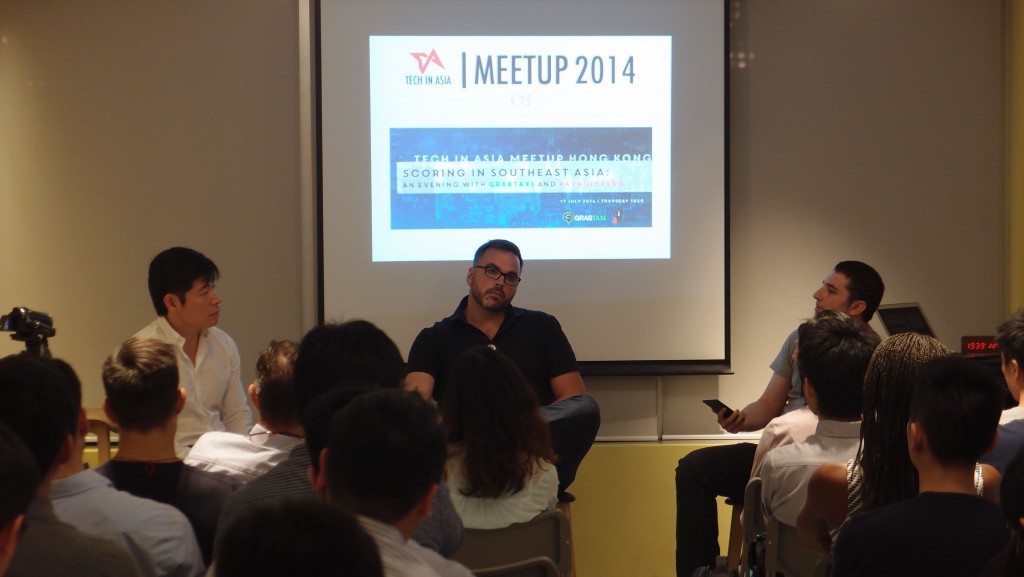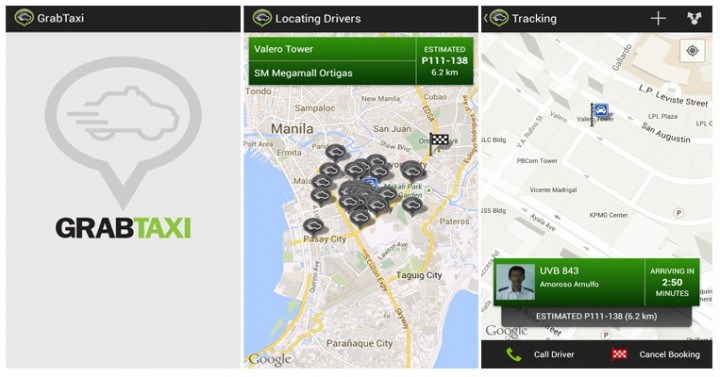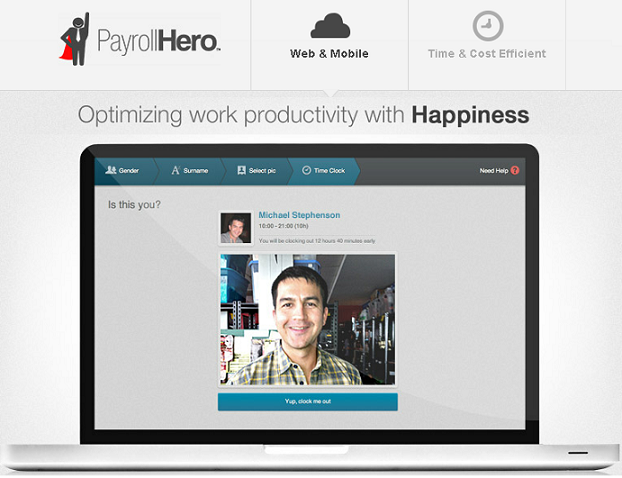
Silicon Valley is unarguably the Mecca of the tech world, but many entrepreneurs are now recognizing the untapped potential in Southeast Asia and setting up their startup headquarters there.
In its first meetup event organized in Hong Kong, TechinAsia brought together entrepreneurs behind two successful start-ups based in Southeast Asia to discuss the dynamics and development of the start-ups space in this region: Steven Jagger, founder of Payroll Hero and Anthony Tan, CEO, GrabTaxi.
Payroll Hero’s website describes it as a startup that enhances payroll administration with image recognition technologies. Explaining the reason behind the startup germinating in Manila, Jagger said, “We are here because Southeast Asian markets are a huge opportunity: cloud computing is becoming acceptable, the cost of internet and data is coming down. All this is happening right now.”
He further added that since his business model is such that payment for services is made per employee, it helps that the company is located in the Philippines where the employee counts are high.
GrabTaxi, a taxi-booking app first launched in Malaysia now offers a ride in six countries and fifteen cities. Localising the business according to the needs of the Southeast Asian market has helped GrabTaxi, according to Tan.
“Smartphone [usage] is growing and there is an oversupply of taxis and drivers in Southeast Asia,” he said. “We made a decision to work with taxi drivers and local governments because we could move much faster than we would have with our own fleet.”
GrabTaxi allows cash instead of mandating payments via credit card. It also pays drivers more than the meager wages they earn otherwise. While the advantages are immense, there are several challenges specific to Southeast Asia that start-ups grapple with. Both Tan and Jagger listed corruption, language and cultural barriers, and currency differences as some of the main ones.
“The taxi industry is extremely convoluted, “said Tan. “Even within Philippines or Thailand, different languages are spoken. A lot of people who come from outside think that Southeast Asia is one place. It is not.”
Regulatory restrictions also pose a barrier. “Public transport hasn’t seen disruption in decades,” opined Tan. “The taxi industry in Southeast Asia is poorly run: a lot of owners tend to be linked to political parties. When we come in and offer tractability, safety, transparency, and disrupt order, there are bound to be challenges.”
Underscoring the difference between the Southeast Asian market and his home base, Canada, Jagger said that there are vast differences between the business strategies employed for the two. “If we were chasing the North American market, it would be a feature to feature sale or a pricing sale. In Southeast Asia it is an educational sale.” To help educate clients about the company’s services, Payroll Hero releases routine webinars and white papers.
There is difference in the ownership model too. According to Jagger, most owners in Southeast are family-based businesses. Having local partners on the ground helps combing through some of these challenges.
Payroll Hero, which will be expanding to Singapore, Indonesia and Malaysia, has received funding from across the globe. However, Jagger admits that funding becomes restrictive if the startup is based in Southeast Asia. “There are lots of opportunities with the money that is over here in Southeast Asia. But there are investors in Canada, for instance, who would want you to be a Canadian firm.
For GrabTaxi, creating brand recognition among cab users remains a foremost challenge. With a host of taxi-booking apps sprouting up in the region, creating engagement in a hyper-competitive industry is crucial.
Tan highlights some of the initiatives. “For passengers, the service needs to be delivered at the lowest cost. For example, we have a voluntary search pricing that lets users pay the price they are willing.”
(Photos: TechinAsia)


